The durian is a fruit known for its particularly strong, unique aroma loved by some and reviled by many others. Despite its polarizing characteristics, its many beneficial attributes have earned it the title “king of fruits.” Coming from one of the 30 recognized Durio species (at least nine of which produce edible fruit), durian is popular and thriving in the international market. Lesser-known species are generally sold in the local regions where they’re grown only.
Durian is extensively grown in tropical regions, with countries like Thailand and Malaysia taking the top spots. In terms of its appearance, durian has a tough, thorn-covered husk. It can grow up to 12 inches long and 6 inches in diameter, and typically weighs up 2 to 7 pounds. Depending on the species, it can be round or oblong, its husk green to brown, and its flesh pale yellow to red.
The tree starts to bear fruit four to five years after planting. In some cases, however, it may even take up to 13 to 21 years. In Asian countries such as Singapore and Malaysia, durian season lasts typically from June to September.
The smell of the durian fruit — reputed to be the foulest in the world — deserves a write-up all its own! According to Smithsonian Magazine, durian’s aroma can be compared to “rotting meat, turpentine and gym socks.”
The distinctive odor emitted by the edible flesh is strong and invasive even when the husk is intact. In addition, it’s been likened to that of a perfume, while foreigners summarize it as, “smells like hell and tastes like heaven.” The unusual, overpowering odor elicits a wide range of reactions, from appreciation to downright disgust.
But what does durian offer on the nutritional front? Plenty, and there are many ways to enjoy it during your meals.
Health Benefits of Durian
Like other tropical fruits such as banana, avocado and jackfruit, durian is rich in energy, vitamins and minerals. Furthermore, it offers protein and dietary fiber. While very low in cholesterol and sodium, it is a good source of vitamin C, which helps scavenge harmful free radicals and assists in your body’s resistance against infection.
Durian is considered an excellent source of B vitamins, including niacin, riboflavin, B5, folate and thiamin. These are essential vitamins, meaning you have to replenish them in your body by eating a varied, healthy diet.
The fruit boasts a good amount of minerals such as manganese, copper, iron and magnesium. It also contains potassium, which may help maintain healthy blood pressure and reduce the risk of renal disease.
Traditional therapeutic uses of durian include easing digestion problems, blood pressure maintenance and cardiovascular health promotion, as well as fighting depression, cancer and anemia. The pulp is also believed to have aphrodisiac properties.
For more information about durian, you may refer to the table below.
Durian Nutrition FactsServing Size: 3.5 ounces (100 grams), raw or frozen |
||
| Amt. Per Serving |
||
| Calories | 147 | |
| Calories from Fat | 45 | |
| Total Fat | 5 g | |
| Saturated Fat | 0 g | |
| Trans Fat | ||
| Cholesterol | 0 mg | |
| Sodium | 2 mg | |
| Total Carbohydrates | 27.09 g | |
| Dietary Fiber | 3.8 g | |
| Sugar | 0 g | |
| Protein | 1.47 g | |
| Vitamin A44 IU | Vitamin C | 19.7 mg |
| Calcium6 mg | Iron | 0.43 mg |
Studies Done on Durian
In a European Journal of Integrative Medicine study done in 2011 in rats, durian at different stages of ripening — especially ripe durian — were concluded to constitute an excellent source of effective natural compounds with antioxidant and health-protective activity in general. Polyphenols and flavonoids were found significantly higher in the overripe varieties.
While most of the health benefits of durian lie in its flesh, studies have also shown that its shell can possess healing properties when processed into an extract. A Journal of Southern Medical University study in 2010 demonstrated that durian shell extracts could relieve coughing in mice and exhibited pain-killing and antibiotic properties.
It is not yet exactly known what exactly makes durian malodorous, prompting researchers at the German Research for Food Chemistry to find out the answer. Writing in the Journal of Agriculture and Food Chemistry, they identified 41 different chemical compounds, eight of which had not been previously identified in the fruit. They also discovered four chemical compounds that were unknown prior to the study.
However, consume durian in moderation as it contains fructose, which may harm your health in excess amounts.
Durian Fun Facts
The creative names for durian’s notorious aroma are endless. Other examples include “rotting fish,” “a dragon’s breath,” “unwashed socks” and “carrion in custard.” In Singapore, durian is prohibited in public transportation and certain outside spaces.
Summary
Your nose might hate it, but durian has numerous health benefits and nutritional offerings that make it comparable with other popular tropical fruits. In fact, it is referred to as the “king of fruits.” Durian provides plenty of vitamins like A, B complex and C, and minerals such as magnesium, potassium, manganese and copper. It is high in calories, and dietary fiber, while being low in sodium.
There have been many different chemical compounds identified in the fruit, but its distinct odor has not been pinned down to a single one yet.
In countries where it is grown, durian is made into different products that include pastries and delicacies, including cake.

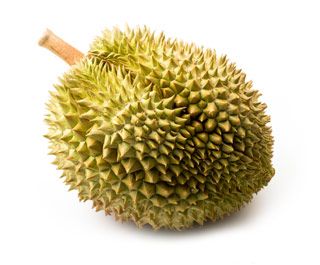
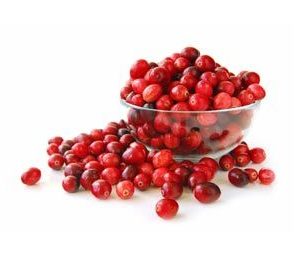
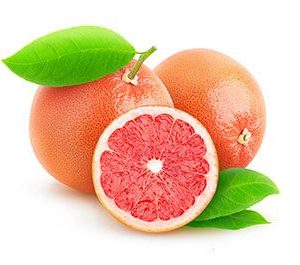
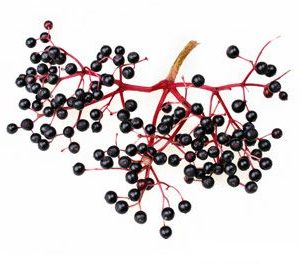
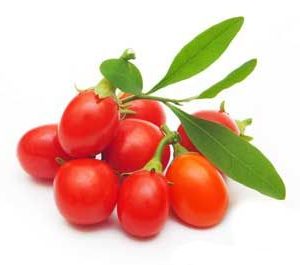
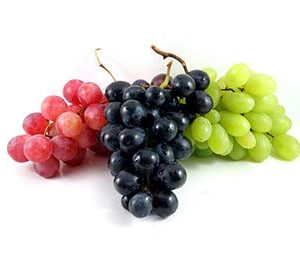
Reviews
There are no reviews yet.